Dogs have long been cherished companions to humans, providing unconditional love, loyalty, and joy. As dog owners, we strive to provide our furry friends with the best care possible, including a balanced diet and nutritious treats. One of the questions that often arises among dog owners is whether they can safely feed their dogs pistachio nuts. In this article, we will explore the potential benefits and risks of feeding pistachio nuts to dogs, as well as provide guidance on how to incorporate this nut into your dog’s diet in a safe and responsible manner. Pistachio nuts are a popular snack for humans, known for their unique flavor and nutritional benefits.
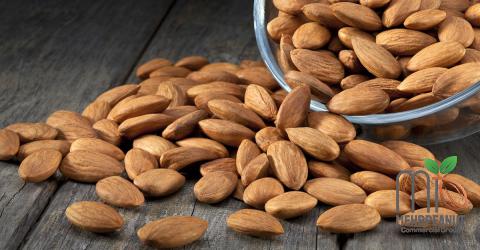
.
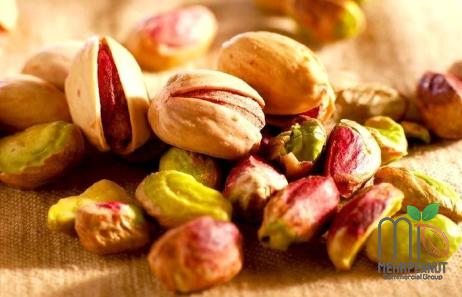 They are rich in essential nutrients such as protein, fiber, healthy fats, and various vitamins and minerals. However, when it comes to dogs, pistachio nuts can be a contentious topic among pet owners and veterinarians. One of the main concerns with feeding pistachio nuts to dogs is their high fat content. While dogs require some fat in their diet for optimal health, an excessive amount of fat can lead to obesity and other health issues. Pistachio nuts are also high in calories, which can contribute to weight gain if fed in large quantities. Another potential risk of feeding pistachio nuts to dogs is their size and shape. Pistachio nuts are small and hard, making them a choking hazard for dogs, especially small breeds or those with a tendency to gulp their food without chewing properly. Ingesting whole or partially shelled pistachio nuts can also pose a risk of intestinal blockage, which may require surgical intervention to resolve. Moreover, some dogs may have difficulty digesting pistachio nuts due to their high fiber content. Fiber is important for gastrointestinal health, but too much fiber can cause digestive upset, including gas, bloating, and diarrhea. Some dogs may also be allergic to pistachio nuts, experiencing symptoms such as itching, hives, or gastrointestinal distress after consuming them. Despite the potential risks associated with feeding pistachio nuts to dogs, there are also some benefits to consider. Pistachio nuts are a good source of protein, which is essential for muscle growth, repair, and overall health. They also contain healthy fats, such as monounsaturated and polyunsaturated fats, which can support your dog’s skin and coat health. In addition to their nutritional value, pistachio nuts can serve as a tasty and nutritious treat for your dog when fed in moderation. Many dog owners enjoy sharing small amounts of pistachio nuts with their furry companions as a special treat or training reward.
They are rich in essential nutrients such as protein, fiber, healthy fats, and various vitamins and minerals. However, when it comes to dogs, pistachio nuts can be a contentious topic among pet owners and veterinarians. One of the main concerns with feeding pistachio nuts to dogs is their high fat content. While dogs require some fat in their diet for optimal health, an excessive amount of fat can lead to obesity and other health issues. Pistachio nuts are also high in calories, which can contribute to weight gain if fed in large quantities. Another potential risk of feeding pistachio nuts to dogs is their size and shape. Pistachio nuts are small and hard, making them a choking hazard for dogs, especially small breeds or those with a tendency to gulp their food without chewing properly. Ingesting whole or partially shelled pistachio nuts can also pose a risk of intestinal blockage, which may require surgical intervention to resolve. Moreover, some dogs may have difficulty digesting pistachio nuts due to their high fiber content. Fiber is important for gastrointestinal health, but too much fiber can cause digestive upset, including gas, bloating, and diarrhea. Some dogs may also be allergic to pistachio nuts, experiencing symptoms such as itching, hives, or gastrointestinal distress after consuming them. Despite the potential risks associated with feeding pistachio nuts to dogs, there are also some benefits to consider. Pistachio nuts are a good source of protein, which is essential for muscle growth, repair, and overall health. They also contain healthy fats, such as monounsaturated and polyunsaturated fats, which can support your dog’s skin and coat health. In addition to their nutritional value, pistachio nuts can serve as a tasty and nutritious treat for your dog when fed in moderation. Many dog owners enjoy sharing small amounts of pistachio nuts with their furry companions as a special treat or training reward.
..
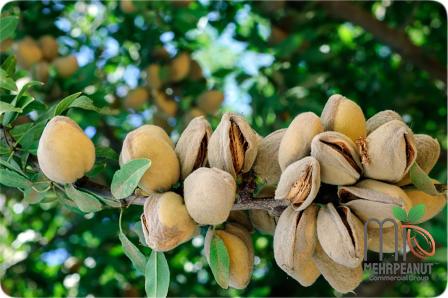 However, it is crucial to exercise caution and supervise your dog when offering pistachio nuts to prevent any potential choking hazards or digestive issues. When introducing pistachio nuts to your dog’s diet, it is essential to follow these guidelines to ensure their safety and well-being: 1. Offer pistachio nuts in small quantities as an occasional treat, rather than a regular part of your dog’s diet. 2. Remove the shell from the pistachio nuts before feeding them to your dog to reduce the risk of choking and intestinal blockage. 3. Monitor your dog for any signs of digestive upset or allergic reactions after consuming pistachio nuts, such as vomiting, diarrhea, lethargy, or itching. 4. Consult with your veterinarian before introducing pistachio nuts to your dog, especially if they have any underlying health conditions or dietary restrictions. In conclusion, while pistachio nuts can be a tasty and nutritious snack for humans, they should be fed to dogs with caution due to the potential risks involved. By following the guidelines outlined in this article and being mindful of your dog’s individual needs and preferences, you can safely incorporate pistachio nuts into your dog’s diet as an occasional treat. Remember, your dog’s health and safety should always be the top priority when considering any new food or treat for them to enjoy. Feeding your dog pistachio nuts should be approached with caution, as their high fat content, size, and potential allergenic properties can pose risks to your furry friend. It is important to remember that dogs have specific nutritional requirements that differ from humans, and not all foods that are safe for us are safe for them. If you are considering giving your dog pistachio nuts, it is crucial to do so in moderation and under supervision. Keep in mind that the primary components of your dog’s diet should be a high-quality commercial dog food that provides all the necessary nutrients for their optimal health. Treats such as pistachio nuts should only make up a small portion of their overall daily caloric intake.
However, it is crucial to exercise caution and supervise your dog when offering pistachio nuts to prevent any potential choking hazards or digestive issues. When introducing pistachio nuts to your dog’s diet, it is essential to follow these guidelines to ensure their safety and well-being: 1. Offer pistachio nuts in small quantities as an occasional treat, rather than a regular part of your dog’s diet. 2. Remove the shell from the pistachio nuts before feeding them to your dog to reduce the risk of choking and intestinal blockage. 3. Monitor your dog for any signs of digestive upset or allergic reactions after consuming pistachio nuts, such as vomiting, diarrhea, lethargy, or itching. 4. Consult with your veterinarian before introducing pistachio nuts to your dog, especially if they have any underlying health conditions or dietary restrictions. In conclusion, while pistachio nuts can be a tasty and nutritious snack for humans, they should be fed to dogs with caution due to the potential risks involved. By following the guidelines outlined in this article and being mindful of your dog’s individual needs and preferences, you can safely incorporate pistachio nuts into your dog’s diet as an occasional treat. Remember, your dog’s health and safety should always be the top priority when considering any new food or treat for them to enjoy. Feeding your dog pistachio nuts should be approached with caution, as their high fat content, size, and potential allergenic properties can pose risks to your furry friend. It is important to remember that dogs have specific nutritional requirements that differ from humans, and not all foods that are safe for us are safe for them. If you are considering giving your dog pistachio nuts, it is crucial to do so in moderation and under supervision. Keep in mind that the primary components of your dog’s diet should be a high-quality commercial dog food that provides all the necessary nutrients for their optimal health. Treats such as pistachio nuts should only make up a small portion of their overall daily caloric intake.
…
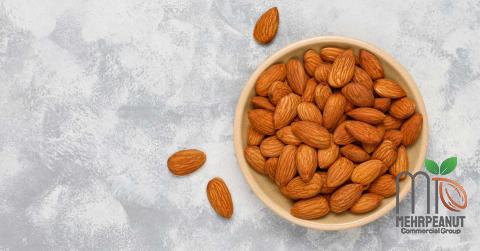 When offering pistachio nuts to your dog, ensure that they are shelled and unsalted. The salt content in salted pistachios can be harmful to dogs and may lead to sodium ion poisoning. Additionally, avoid feeding your dog pistachios that are flavored or seasoned with ingredients that may be toxic to them, such as garlic, onion, or xylitol. It is also essential to be mindful of your dog’s individual dietary needs and any preexisting health conditions they may have. Consult with your veterinarian before introducing pistachio nuts to your dog, especially if they have a history of allergies, gastrointestinal issues, or pancreatitis. Your vet can provide personalized guidance on whether pistachio nuts are suitable for your dog based on their age, breed, size, and overall health status. If you suspect that your dog has ingested a large amount of pistachio nuts or is showing signs of distress after eating them, seek immediate veterinary care. Symptoms of pistachio nut ingestion may include vomiting, diarrhea, abdominal pain, lethargy, or difficulty breathing. Prompt medical attention is essential to prevent any potential complications or adverse effects on your dog’s health. In conclusion, while pistachio nuts can be a delicious and nutritious treat for humans, they should be approached with caution when it comes to feeding them to dogs. By understanding the potential benefits and risks associated with pistachio nut consumption in dogs and following the guidelines provided in this article, you can make informed decisions about whether to incorporate pistachio nuts into your dog’s diet. Remember that your dog’s well-being should always be the top priority, and any changes to their diet should be made thoughtfully and under the guidance of a professional veterinarian. Treat your furry companion with love and care, and choose their treats wisely to ensure that they lead a happy and healthy life by your side.
When offering pistachio nuts to your dog, ensure that they are shelled and unsalted. The salt content in salted pistachios can be harmful to dogs and may lead to sodium ion poisoning. Additionally, avoid feeding your dog pistachios that are flavored or seasoned with ingredients that may be toxic to them, such as garlic, onion, or xylitol. It is also essential to be mindful of your dog’s individual dietary needs and any preexisting health conditions they may have. Consult with your veterinarian before introducing pistachio nuts to your dog, especially if they have a history of allergies, gastrointestinal issues, or pancreatitis. Your vet can provide personalized guidance on whether pistachio nuts are suitable for your dog based on their age, breed, size, and overall health status. If you suspect that your dog has ingested a large amount of pistachio nuts or is showing signs of distress after eating them, seek immediate veterinary care. Symptoms of pistachio nut ingestion may include vomiting, diarrhea, abdominal pain, lethargy, or difficulty breathing. Prompt medical attention is essential to prevent any potential complications or adverse effects on your dog’s health. In conclusion, while pistachio nuts can be a delicious and nutritious treat for humans, they should be approached with caution when it comes to feeding them to dogs. By understanding the potential benefits and risks associated with pistachio nut consumption in dogs and following the guidelines provided in this article, you can make informed decisions about whether to incorporate pistachio nuts into your dog’s diet. Remember that your dog’s well-being should always be the top priority, and any changes to their diet should be made thoughtfully and under the guidance of a professional veterinarian. Treat your furry companion with love and care, and choose their treats wisely to ensure that they lead a happy and healthy life by your side.
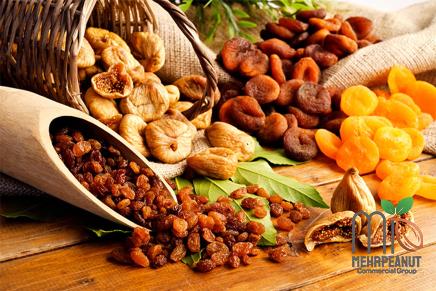
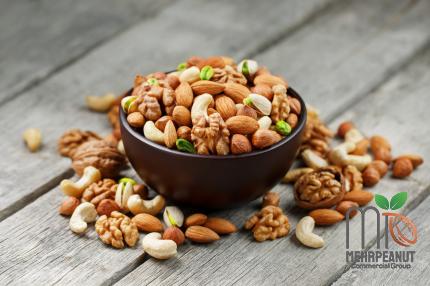

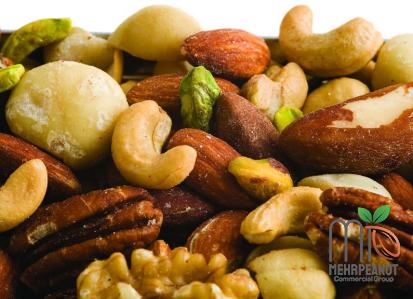
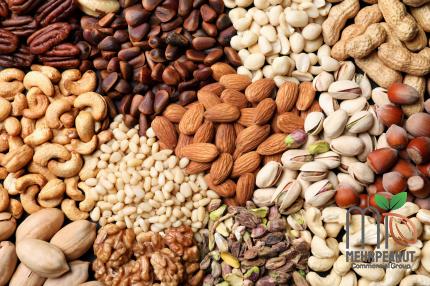
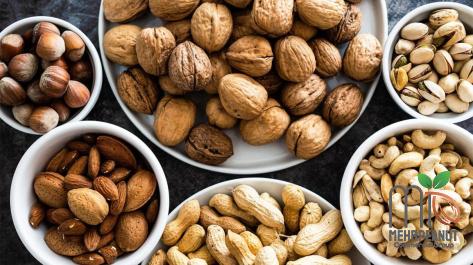
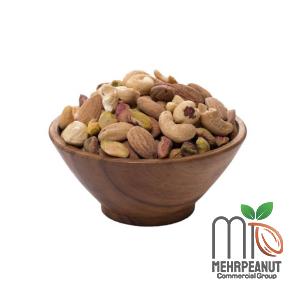
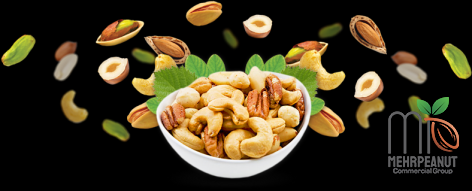
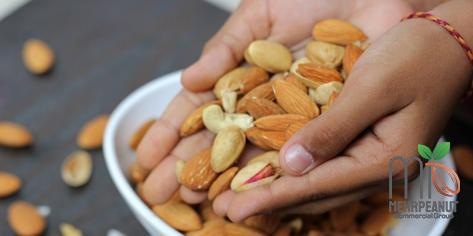
Your comment submitted.